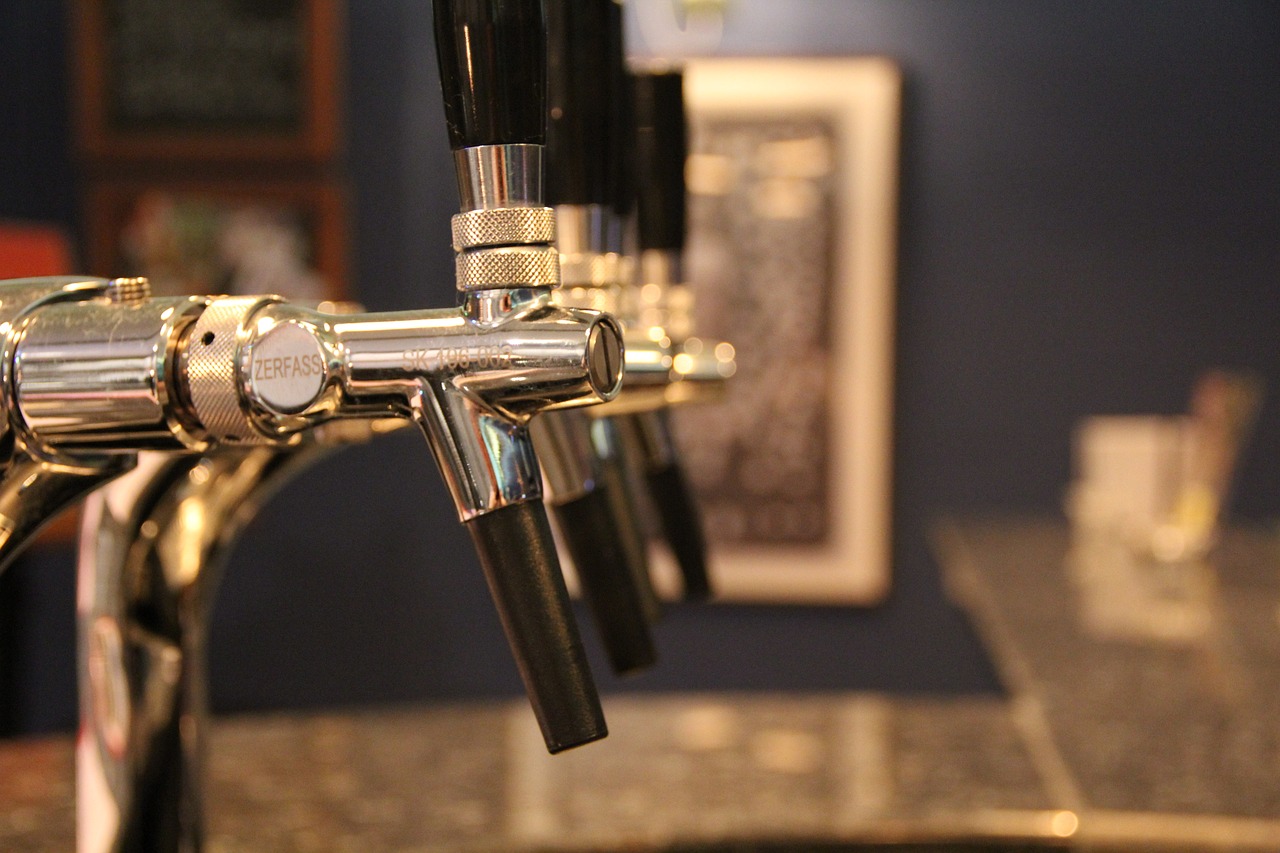An award-winning brewery in the North-East is to close, citing ‘post-Brexit’ export problems.

Alpha Delta, an award-winning brewery based in Newburn, Newcastle, has announced it is to close due to Brexit export challenges and escalating bills.
The brewery’s founder, Ross Holland made the announcement on social media, saying that the decision to wind down operations was due, in part, to “escalating energy costs” and the “unforeseen complexities of exporting post-Brexit.”
Since Britain left the EU, many businesses have been faced with higher prices that have created difficulties. Higher shipping costs, tariffs, and more red tape have hit the brewing industry hard.
Industry specialists, Close Brother Brewer Rentals, inform how post-Brexit, sourcing ingredients has become more difficult. Germany is the second largest grower of hops in the world, behind the US, accounting for 38 percent of the global hop production. But the stricter rules imposed by Brexit has made it more complex and expensive to import these ingredients.
Alpha Delta Brewer is the latest brewery to go out of business in the past 18 months or so, hit by a combination of Brexit, escalating costs, and the pandemic.
In August, it was reported that around 100 small brewers had been forced out of business because of new trade barriers, compounded by Covid and rising costs.
Bone Machine Brewing Co in Pocklington, East Yorkshire, was one such business. The brewery opened in 2017 during the craft beer boom that was sweeping Britain at the time. But post-Brexit trading arrangements with European Union countries meant that the brewer’s craft beers needed to be accompanied by expensive and time-consuming paperwork.
Kemi Karjalainen, who together with his brother Marko, had poured their life savings into the business, explained how the business was heavily geared for export.
“We’d be selling to Finland, Sweden, Norway, Ireland, Netherlands, Italy, Spain. We had Hungary in the pipeline. And it all disappeared with Brexit.
“Everyone was saying ‘it’s too complicated to import anything from the UK anymore.’ In terms of pure output, that was about 30% to 40% of what we made. In terms of income, it was probably more than half,” he added.
The announcement of the closure of another small brewer came as the Bank of England Governor warned that Brexit has weakened UK trade opportunities.
Speaking at a Central Bank of Ireland conference in Dublin this week, Andrew Bailey said the world economy has experienced “big external shocks” such as Russia’s invasion of Ukraine and the Covid pandemic. But he said there was an issue “nearer to home,” which has also contributed to “fragmentation in the world economy.”
“As a public official, I take no position on Brexit per se. That was a decision for the people of the UK. It has led to a reduction in the openness of the UK economy, though over time new trading relationships around the world should, and I expect will, be established.
“Of course, that requires a commitment to openness and free trade,” he said.
The comments are unlikely to go down well in Westminster, where the government is seeking to convince businesses and the public of the benefits of post-Brexit free trade deals.
Gabrielle Pickard-Whitehead is a contributing editor to Left Foot Forward
To reach hundreds of thousands of new readers we need to grow our donor base substantially.
That's why in 2024, we are seeking to generate 150 additional regular donors to support Left Foot Forward's work.
We still need another 117 people to donate to hit the target. You can help. Donate today.



